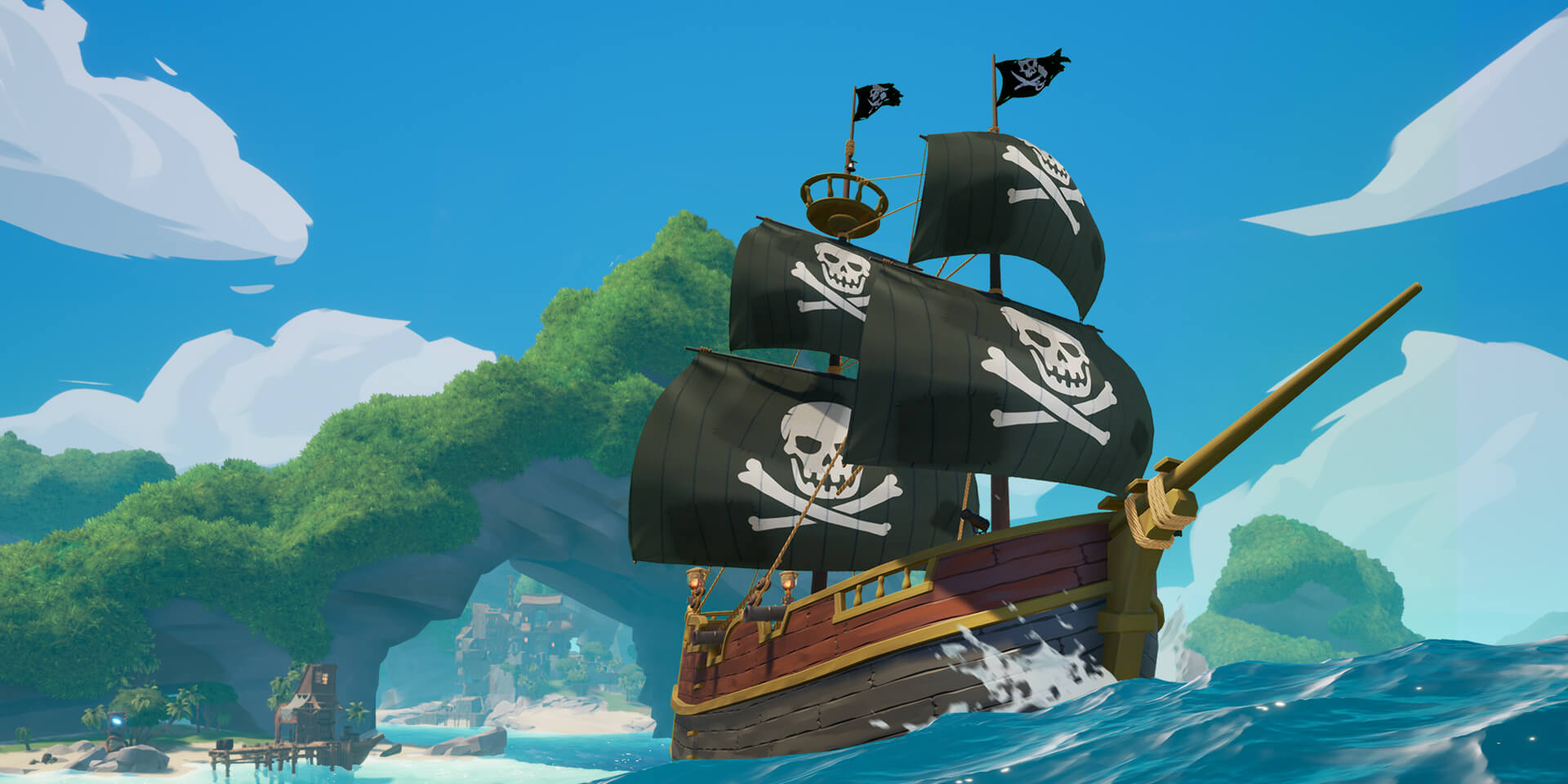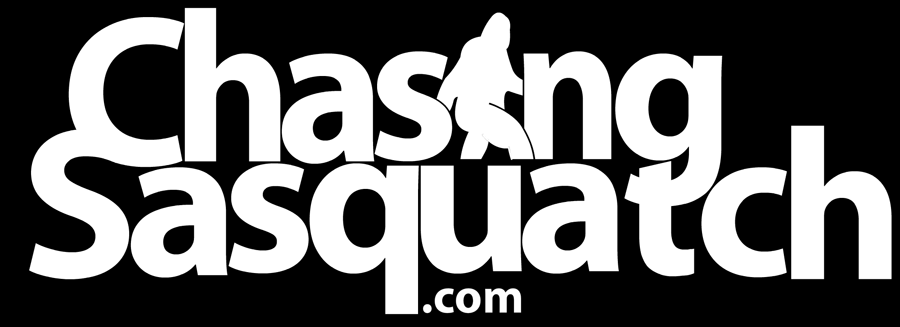Unity turns to darker waters as it mirrors WotCs OGL 2.0 for it’s Engine…

Thing’s aren’t looking too good with Unity’s “Pay to Install every time” policy for it’s Engine. We’ll give you a “Game Design Critic Pirate” lowdown!
Ahoy there, ye fine souls of the game development realm! Gather ’round, for Robert Rankin has a tale to tell, a yarn of treacherous seas and ethical quandaries that’d make even Blackbeard raise an eyebrow. We be talkin’ ’bout the notorious Unity, the engine that’s sailed many a developer’s ship to fame and fortune. But beware, my hearties, for Unity’s siren call has taken a dark and dubious turn.

Ye see, Unity be a fine vessel indeed. It’s carried countless games to the shores of success, from the mightiest galleons to the tiniest dinghies. Game makers, both seasoned buccaneers and fresh-faced deckhands, have come to rely on her sturdy frame and versatile rigging. Unity’s maker, a company known far and wide, hath long used a fair and reasonable system of compensation for her use. Developers would pay their dues based on the plunder they collected – a share of the booty, if ye will. A fair exchange for a shipshape tool, many thought.
But, me hearties, as the tides do turn, so do the fortunes of those who sail Unity’s sea. A shadow darker than the heart of Davy Jones himself now looms over the horizon. Unity, it seems, hath changed her tune and raised the Jolly Roger high. After a certain number of installations, she now demands an extra fee for every game that dares to hoist her flag. And that, dear reader, is where the ethical compass begins to spin wildly.
Now, let me spin a different yarn for ye, one involving another scoundrel in the high seas of game development – Wizards of the Coast and their infamous Open Game License 2.0. Picture this: ye be a swashbuckling game creator, thrilled to have the freedom to craft your own adventures using Wizards’ treasure trove of rules and lore. They’ve offered this bounty freely, or so ye thought (compensation after you reach a threshold). But then, as the moonlight reveals the hidden reefs, they announce a retroactive plunder, a demand for funds from creators who once sailed their seas without cost.
It’s akin to being given the key to a treasure chest only to find it locked and guarded by a ferocious Kraken, demanding a toll for the booty ye already possess. This predatory act sent shockwaves through the game development community, as creators who had built their own ships on the foundations of Wizards’ generosity found themselves caught in a tempest not of their making.
What happened to the principles of fairness and trust in these treacherous waters? Unity and Wizards both set sail with a promise of equitable compensation, only to change course when the waters grew rich with the spoils of creativity. It’s as if they be saying, “We’ll give you this treasure, but mind you, we’ll come for it later, and a hefty interest be owed.”
So, me hearties, what be a game developer to do in the face of such ethically questionable waters? Unity’s demand for an extra fee after a certain number of installations and Wizards’ retroactive toll on their Open Game License 2.0 be twin anchors, threatening to drag creators into the abyss of uncertainty and mistrust.
In the end, as Robert Rankin himself might say, “It’s not the ship so much as the skillful sailing that assures the prosperous voyage.” Unity and Wizards may be fine ships, but developers would do well to keep their eyes on the horizon and be prepared to chart a new course should the winds of ethics and fairness shift against them. For the open seas of creativity should remain open to all, without hidden reefs or predatory creatures lurking below.
